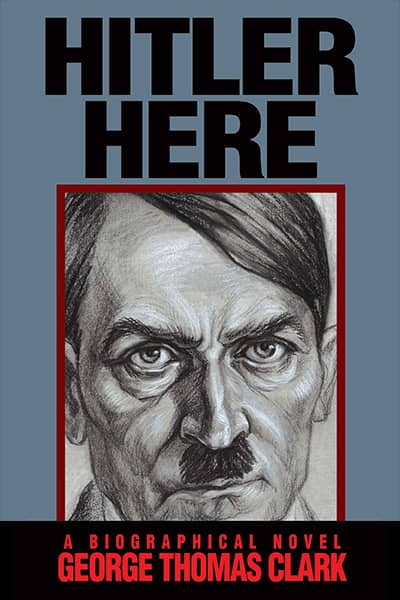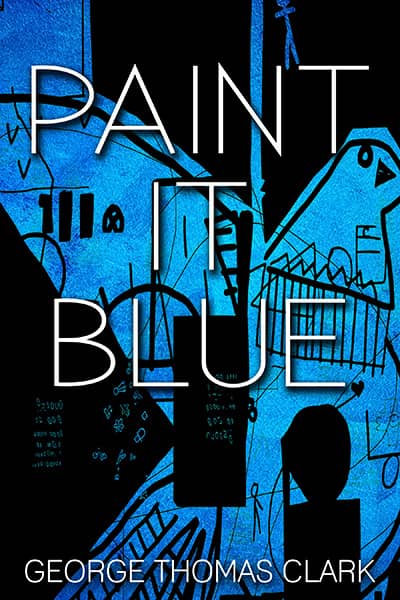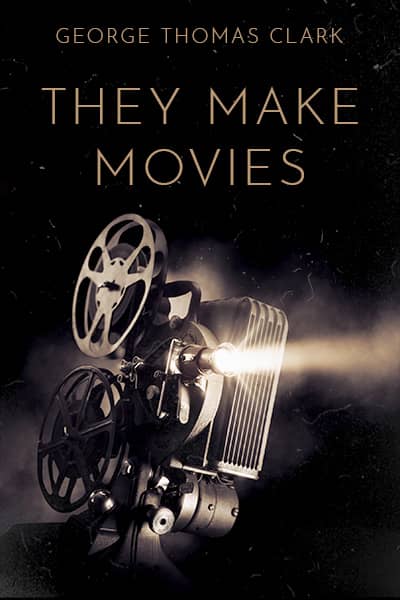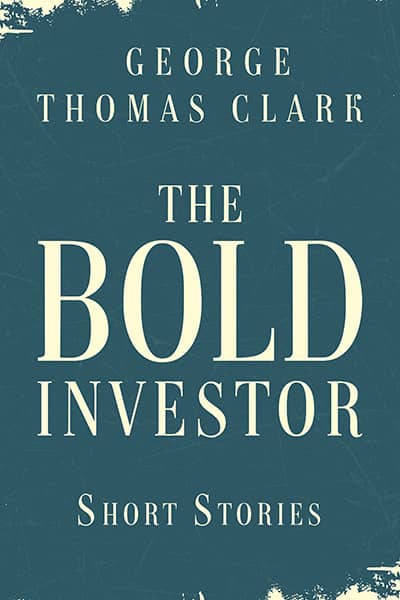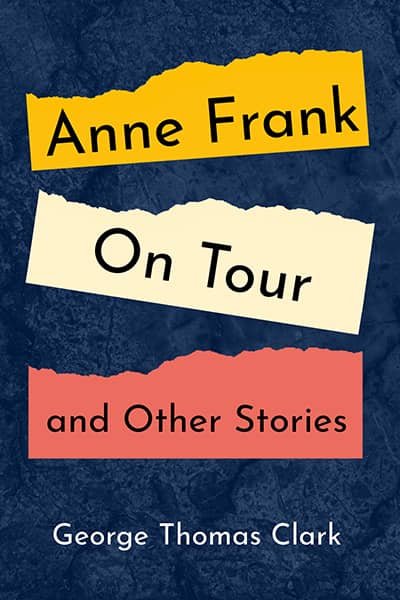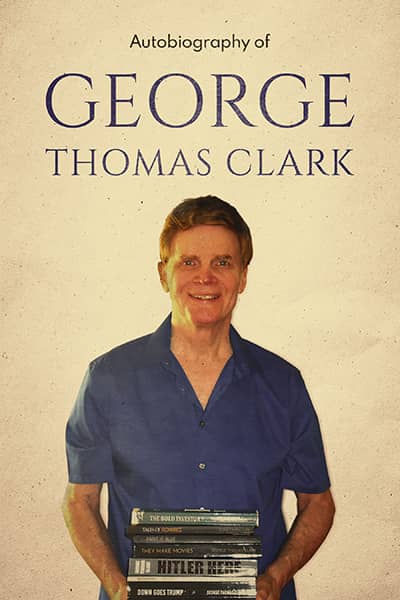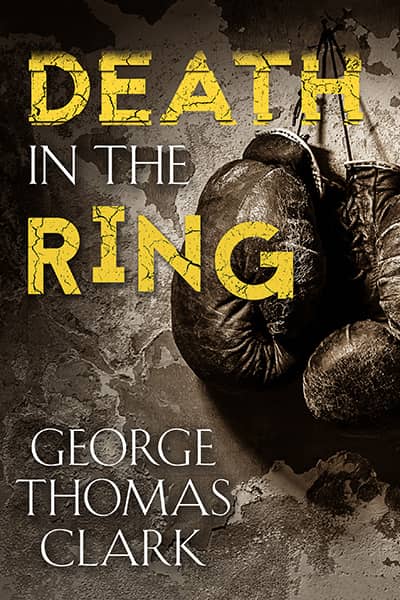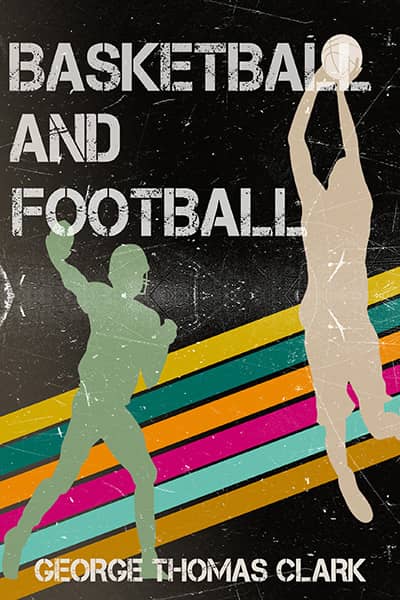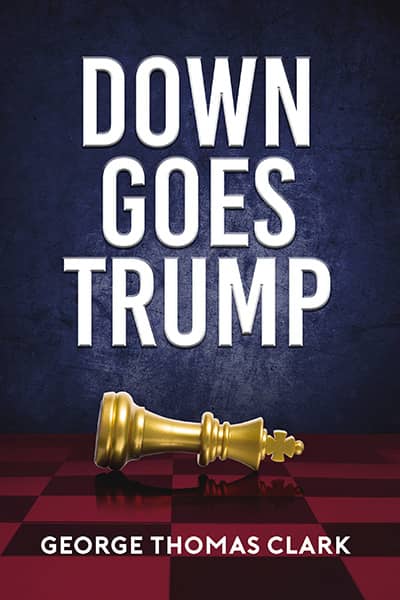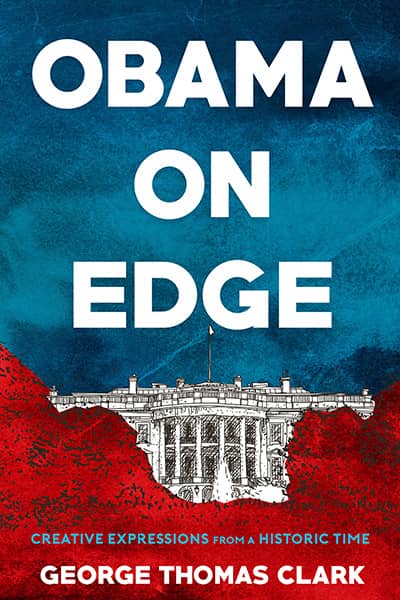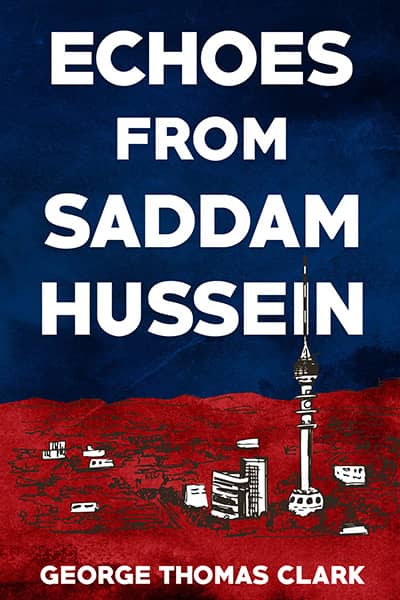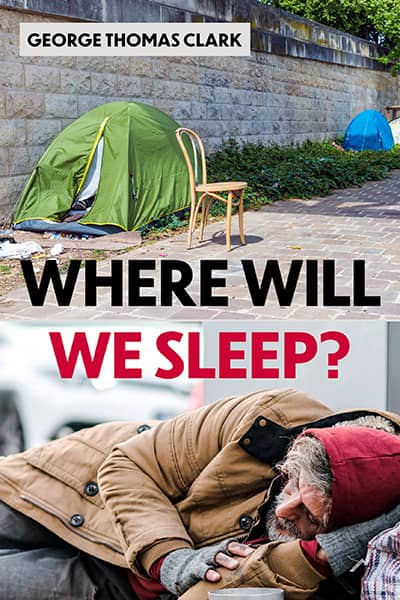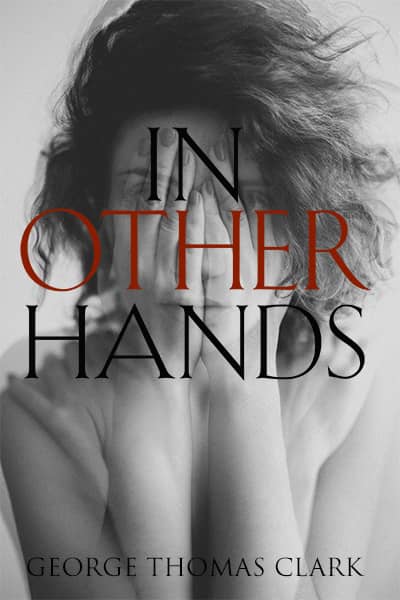Getting to Madrid
August 9, 2011
My journey to Madrid began on a Sunday morning as I drove from blistering Bakersfield down Highway 99 toward Los Angeles and punched sports talk radio but heard an ESPN guy strain to be funny and cool but sounding lame: most jockeys lack comedic skills and can’t sustain the purported subject matter of their shows. I switched to political talk, which around Bakersfield sounds about like Lester Maddox, and heard former comedian Dennis Miller, who used to be amusing, sneer that poor Barack Obama was “in over his head” and didn’t comprehend how his liberal big-spending policies were destroying the financial and spiritual health of the United States. The government is indeed intoxicated by its option to print weakening dollars, but I still don’t know if conservatives are unaware, or trying to deceive by omission, that president Bill Clinton left a budget surplus soon squandered by the self-acclaimed champion of small government, George W. Bush, who promptly slashed revenues by cutting taxes the wealthy still haven’t allowed to trickle down to starving rednecks who adore them, and soon unleashed spending because of an essential counterattack in Afghanistan, in response to 9/11, as well as the deceitful invasion of already-ravaged Iraq. So Dennis Miller, whose smirks can be felt through the radio, should realize that Obama inherited an avalanche no one could’ve soon stopped much less reversed.
Screw the radio. I pushed in a Mozart CD and listened to two rousing symphonies, using rock-n-roll technique by skipping slow second movements. The Doors were playing when, heading south on the San Diego Freeway, I pulled into ominous Southern California, which supposedly would be gridlocked for the weekend due to closure of the 405 between the Ventura and Santa Monica Freeways. Instead, I cruised on the most deserted San Diego Freeway I’ve enjoyed in two score years of touristic driving in the L.A. area. As instructed, the locals had stayed home.
I sailed north on the Ventura to scenic Calabasas to see relatives whose window-dominated home opens to a canyon and mountains on the other side. We discussed a variety of family dynamics before visiting a neighbor, in a home also bordering the canyon, and were greeted by the owner’s girlfriend, a hard-bodied, bikini-clad lass whose back bears a full-coverage tattoo that tails all the way down the back of one leg. The boyfriend’s brother, vacationing from Mexico, where he’s lived twenty years, assured me that the drug wars, which have killed more than thirty thousand Mexicans in recent years, won’t soon be stopped since the citizenry appears willing to forsake democracy, and drug-cartel-fighting President Felipe Calderon and his PAN party, and next year return to the crushing embrace of the PRI party, whose dictatorship suffocated the country most of the preceding century.
Back at my relatives’ home they told me their enterprising neighbor periodically rents his house to producers of pornographic movies. The husband smilingly told me, “I’ve watched a few of the film shoots and they were damned good, beautiful people, in all the positions, and naked women were riding horses in the canyon.” His wife frowned and said she had not and would not be observing these cinematic endeavors.
About four p.m. I cruised through Malibu Canyon to the sea, turned south, and again moved through light traffic ‘” though I worried a little about radio news the 405 had been reopened seventeen hours early and people were scurrying to the beaches ‘” and in little more than a half hour arrived at the large Westin Hotel on Century Boulevard near the airport. The hotel employees were friendly and conscientious. I must, however, register two concerns: the rooms were large and comfortable but the mini-refrigerator was jammed with sodas and other blood-clogging crap, and I couldn’t create space for even a tiny carton of soy milk, purchased at a nearby supermarket, because the hotel operator told me my account would be charged for any snack removed from the frig more than sixty seconds.
And since my Monday wake-up call would be at four-thirty a.m., in order to arrive at the airport at six, I decided to hit the king-size bed early and read awhile but since I hadn’t taken my afternoon nap, an essential energizer, I was groggy and couldn’t concentrate more than a few minutes so turned out the lights. By eight-thirty I was blessedly asleep, and building stamina before the horrifically-early call, but startled awake by boisterous men and women near my door. This racket stopped and restarted and continued longer each time and clearly wouldn’t cease soon. I hopped up nude, peered through the eyehole in the door, and considered jumping into my jock and gym shorts and running out to ask them to please lighten up but remembered that revelers generally lack judgment and control so I called hotel security and requested help the operator promised would come. It didn’t. And the merrymaking continued. I ultimately redialed security and learned a family reunion was underway and that hotel agents had already several times asked the folks to be considerate.
“Then you can call the police,” I said.
“That’s an option but we’ll try once more.”
In a few minutes I heard an employee thanking the celebrants for agreeing to close their doors and pipe down. Wonderful. It was one a.m.
I nevertheless bounded from bed at four-thirty reveille and exercised twenty minutes before showering, checking out, and catching a crowded shuttle bus to LAX. I’d chosen United Airlines, the final of seven terminals we wove to through traffic. It was only a little after six for a seven-fifty flight. No worries. Plenty of time. The line was long and sinuous and moved like an engorged snake, and at seven o’clock, after long staring at sign warning about a one-hour cut-off for flights, I worriedly stepped from the queue and asked, “Am I okay for my seven-fifty flight?”
“Oh, come on up, over there,” said an attendant, pointing.
Seconds later a man behind the check-in counter said, “Okay, you (me) and you, and that’s all for this flight to Washington, D.C.”
Would I really have been evicted from my meticulously-planned vacation and force-fed nonrefundable plane tickets? What game are the airlines playing? Major carriers often have hundreds of customers lined up, who’ve paid hundreds to thousands for their tickets, yet the check-in counters are rarely all in service. On this hectic Monday morning United Airlines left unused at least two counter spaces. Don’t tell me about economic cutbacks when there’s that much business, especially since on the cross-country flight the only available nourishment was snack food, for sale, and beverages. I ate almonds and drank orange juice and couldn’t decide if they or the hunger were grinding my stomach as we arrived in the capital of the United States.
I’d formerly considered cross-country flight arduous but this one seemed quick at about four and a half hours and I felt fresh during a short layover. The looming eight hours in a plane didn’t daunt me then, but such confinement had for a lifetime deterred me from flying further from California than Costa Rica. The plane took off for Madrid at about five-thirty p.m. EDT and, four hours later, flying seven-miles high over the middle of the Atlantic, going five hundred and more miles an hour pushed by fifty-MPH tailwinds in air a stunning seventy degrees below zero – this data registering on a screen backing the seat in front – I hit my mental and physical wall and wanted the damn flight to be over. I tried to read but couldn’t. I tried to write and failed, though on the first leg, when fresh, I’d cranked out more than half of the first draft of this piece. And I repeatedly sought the fast-forward release of sleep but couldn’t keep my eyes closed more than a minute.
Throughout the flight I’d noted more than half the passengers were watching movies. I’d never done so on a flight and thought it wouldn’t work but selected “Blue Valentine” starring Ryan Gosling as an unpleasant husband whose wife, Michelle Williams, is getting ready to pull the ripcord. The screen was small, about five and eight inches, but close and adjustable, and I was comfortable watching forward and backward scenes in time that alternately showed young Ryan charming sexually-vigorous Michelle, who doesn’t know which man impregnated her. In a scene that must already be a classic, and that I’d seen somewhere apart from the movie, Ryan strums a ukulele and sings movingly as smitten Michelle listens and coos and sometimes dances at the entrance to a store at night. After marriage their harmony receded as fast as the hairline of Ryan’s older character.
Once we were within two hours of Madrid I became too excited to resist, every few minutes, pushing on the screen to reactivate it and gaze at our spend and altitude and outside temperature and time till arrival. My digital data searches eventually prompted an elderly man to twist in his seat and glower back at me.
I pointed at the screen.
“There’s a remote control on your arm rest,” he said.
“Oh, thanks.”
The gentleman was fortunate not to be sitting in front of the two jabbering and giggling women behind me. They must’ve bribed the garrulous male flight attendant to serve twice the alcohol limit.
Nothing could deflate me as dawn came and we broke land and at last I’d arrived in Europe. When we circled in toward Madrid from the south I looked at brown expanses and remembered how a friend responded to my question about the terrain around Madrid: “It’s very similar to Bakersfield.” That was a brutal exaggeration though central Spain is not a tropical garden.
Hours on the internet I’d studied the city and debriefed many effusive visitors, and knew I was arriving in a great city. More than two hundred people in the giant airbus wanted out. But we’d have to wait. The plane door wouldn’t open and an engineer had to be summoned. This process lasted ten minutes that seemed about an hour but it mattered not. Now we were free.
